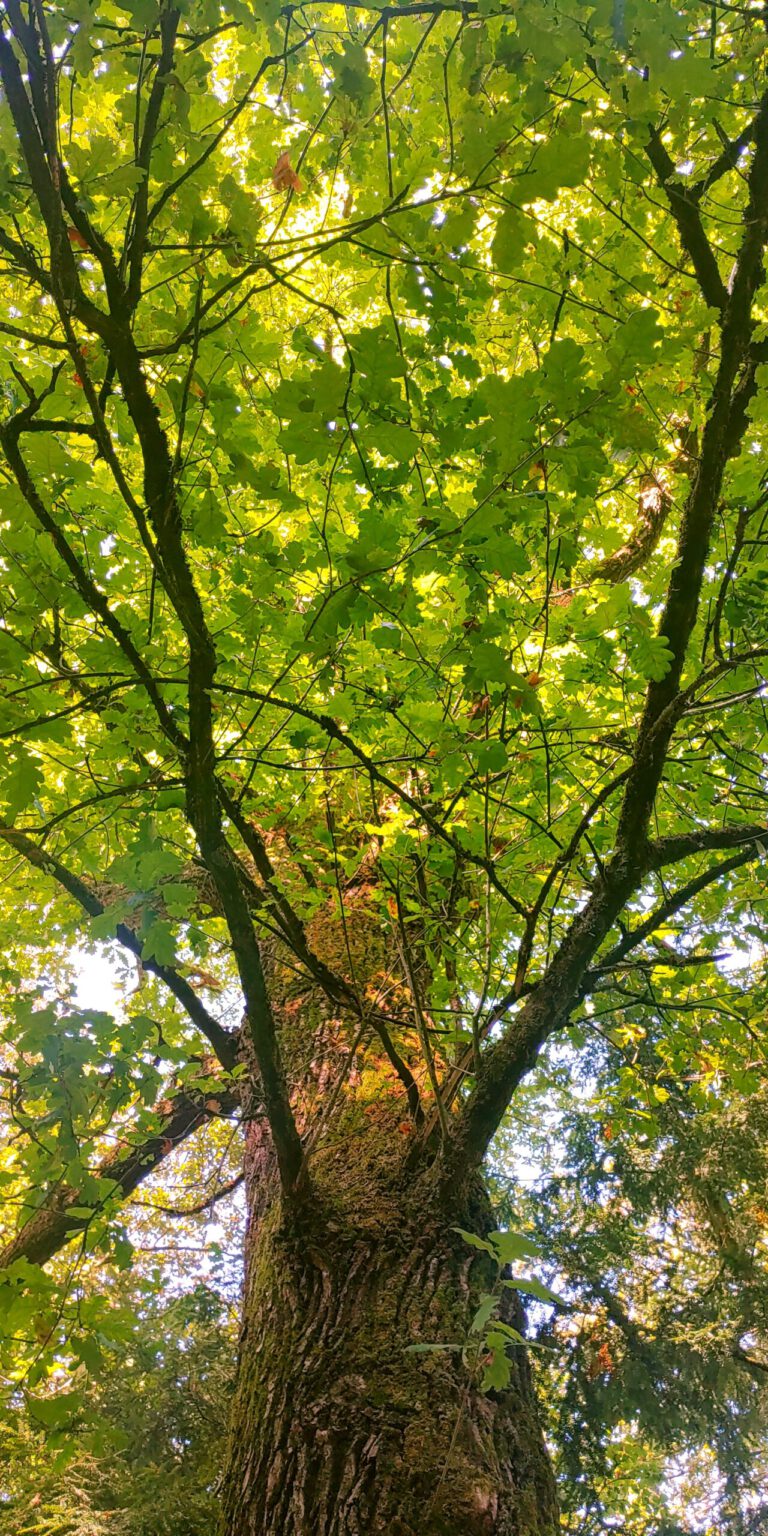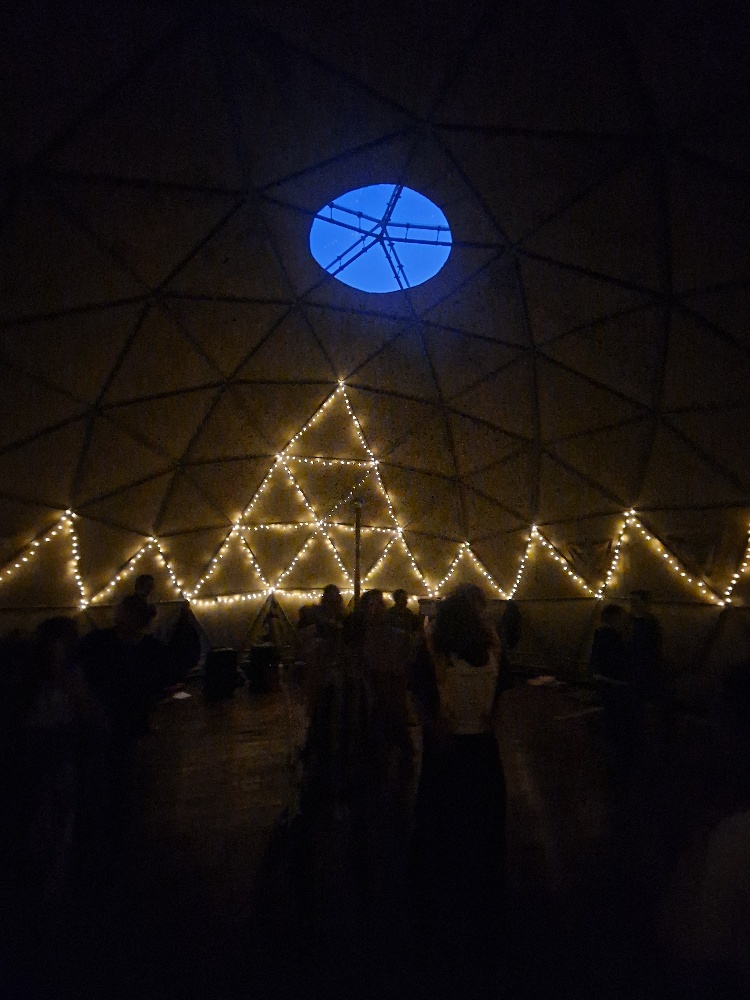My white brother does many things well, for he is more clever than my people. But I wonder if he has ever really learned to love at all. Perhaps he only loves the things that are outside and beyond him. And this is, of course, not love at all, for man must love all creation or he will love none of it.….
Love is something you and I must have. We must have it because our spirit feeds upon it. We must have it because without it we become weak and faint. Without love our self esteem weakens. Without it our courage fails. Without love we can no longer look out confidently at the world. Instead, we turn inwardly and begin to feed upon our own personalities and little by little we destroy ourselves.
Chief Dan George, Hopi Elder
All of us wish we’d had perfect childhoods, with a mother and father who modelled ideal parental attitudes and taught us to internalize the tenets of self-love. Many of us, however, did not.
Marianne Williamson
The capacity to be alone is the capacity to love. It may look paradoxical to you, but it’s not. It is an existential truth: only those people who are capable of being alone are capable of love, of sharing, of going into the deepest core of another person – without possessing the other, without becoming dependent on the other, without reducing the other to a thing, and without becoming addicted to the other. They allow the other absolute freedom, because they know that if the other leaves, they will be as happy as they are now. Their happiness cannot be taken by the other because it is not given by the other.
Osho, `Courage´
Imagine a tree standing on raised ground not far from the Atlantic coastline in the West of Ireland. It has matured over many years to the point that it is 30 metres tall, with a strong trunk from which may boughs protrude. These boughs support a majestic crown. In the winter, this majestic tree stands bare, displaying its fractal patterns against the steely cold dark sky.
In spring, it bursts into a concert of fresh light green buds, from which thousands of leaves emerge, and tiny flowers grouped in catkins. Over the subsequent months, the leaves take on a deeper hue of green and acorns grow and ripen. In autumn, the first frosts begin to burnish this crown of colours towards red, brown, and bronze, and the first Atlantic gales rattle the acorns to the ground beneath. One by one, the leaves begin to fall until, by mid winter, the skeleton stands bare once again, the crown now distended by one more season of growth.
It is the invisible deep roots of the tree that provide robustness and save it from destruction when those gales blow in. The root system is the organ of absorption, aeration, and food storage and the means of anchorage and support. The deeper, stronger, and more expansive it is, the more resilient and stable the tree remains.
Any circumstances that interfere with the development of the root system will have an adverse impact on the entire system. We could say, metaphorically, that the sense of self of the tree is directly related to the quality of the root system that holds it in the ground of its being.
The analogy can be applied to the human condition. The rootedness of self in the unique circumstances of our lives is decisive for our well-being. If our roots are shallow, – if we are accustomed to looking outside the self for validation and justification, – we are held upright only as long as the weather remains placid. As the first storms of autumn bear down upon us, however, we are bound to be blown over, again and again, leading to self-doubt, depression, and alienation. What are the causes of a shallow root system and how can the situation be rectified?
Most of us have not had a perfect childhood, with a mother and father who modelled ideal parental attitudes and taught us to the basics of self-love. Our parents did not have such modelling themselves and so had to improvise as they went along. In my case, both had come from very large families where the stresses and tensions of unresolved childhood trauma pervaded the familial energy field. My impression, formed very early on, was that I had arrived as an added burden, that it was essential not to compound the already existing load my parents were carrying.
It seems we respond in a variety of ways to such childhood adversity. Some will become over-achievers `just to show them´. Others will fold themselves into the people-pleaser role in order to avoid conflict, hoping to get the love and attention by being `good´.
A third typical response is to resign, with the unconsciousness intent of switching off all feelings. This promises a cessation of suffering. These approaches can all be viewed as attempts to survive by creating a False Self, in the hope of getting what the child needs, in terms of sufficient affection, acceptance, allowing, acknowledgement, and appreciation. All children need these 5 A’s (as defined by David Richo) as much as we need food, water, and shelter.
The subconscious mind of the child argues that we will get these 5 A’s only if we fulfil certain criteria. This is not a sign of weakness on the part of the unfledged child. Indeed, it is evidence of the intelligence of evolution working in the service of our survival.
Survival strategies tend to be intelligent adaptations, in the context of their emergence. It is only over time, when the circumstances change and we fail to evolve accordingly, that they show themselves to be no longer fit for purpose and thus, counter productive. The original adaptations morph into maladaptation. The Saboteurs are born.
Today’s culture places great emphasis on the external sources of our self worth. Since the Age of Enlightenment(?), when the secular and divine were untethered, we have been drifting further and further away from awareness of the true source of our being.
In my view, the sheer fact that we exist in this universe is sufficient proof that we are loved by the Great Spirit of Creation. The fact that we are loved infers the underlying truth that we are love itself. If in doubt, look into the eyes of any newborn child. What we see there is pure Sage.
The belief that someone or something outside of ourselves has the power to make us happy is an illusion that gathers momentum as we grow up. If we believe that someone else has the power to make us happy then we are setting ourselves up for disillusionment. We will be disappointed and often slip into stances such as that of the Victim, the Hyper-Vigilant, or the Controller.
One of the biggest sources of disillusionment concerns romantic relationships. Our society is characterised by a high degree of loneliness, especially now in the age of social media, after the covid experience of social distancing, societal division, and lockdowns. The remedy for loneliness, according to the mores of this society, is relationship.
Relationship is the cure for all our yearnings, we are told. We see this in the inevitable happy endings of the movies and hear it in the lyrics of the ever-present soundtrack of our times. We are taught that getting that ideal relationship is the goal.
It starts in early childhood with fairy tales where the prince and the princess live happily ever after. It continues in movies, books, and pop songs, – the songs that proclaim: “I can’t live without you” or “You are my everything”. These describe the type of toxic love we learned about when we were growing up. Toxic love is an addiction to the other person as our drug of choice, – as the source of our self worth, our replica Higher Power.
A great lie is that we are incomplete until we find our soul mate. We are not halves that cannot be whole without a relationship. Such messaging comes from the Judge Saboteur which aims to convince us that we do not have the ingredients sufficient for happiness today. The promise is: I’ll be happy when… Saboteurs peddle lies to justify their existence and are only interested in proving themselves right. The always deliver the opposite of what they promise.
Happiness is not the product of circumstances. Circumstances are the product of our decision to be happy, or not.
True love is liberating. It is not a painful obsession, taking a hostage or being held hostage. It is not all-consuming, isolating, or constricting. Believing we can’t be whole or happy without a relationship is unhealthy and leads us to accept deprivation and abuse, and to engage in manipulation, dishonesty, and power struggles.
The type of love many of us learned growing up was conditional upon betraying our True Self. This toxic love is a form of process addiction. As long as we believe that we have to have the other in our life to be happy, we are really just an addict trying to protect our supply – using another person as our drug of choice. That is not true love – nor is it loving.
The solution to our experience of loneliness is learning to develop the capacity for solitude, – to master the experience of being alone (All One). It is in this experience of solitude that introspection becomes possible, an introspection that reveals the true inner source of our being, our lovability, our self worth, our essence. Only then are we capable of real love, which is the unconditional sharing of our love, overflowing from the chalice within.
This introspection invariably brings us into contact with the childhood feelings we had successfully repressed for so long. This is the price that must be paid. If our maturity allows, we learn to sit with these feelings of unprocessed pain and loss, to allow them simply to be. With time they will dissipate, like the clouds in the sky. When we engage in the process over and over again, the emotions (feelings in motion) lose their grip on us. We then have the feelings, but the feelings no longer have us.
The ability to tune into the somatic manifestation of our emotions is a key element in the process of healing and recovery. These emotions are the ideal fertiliser for a system of deep rootedness. When we grow in this competence, we can swiftly identify when our fear-driven Saboteurs are on the march and use the stimulus to make a shift from fear to love.
We can switch to the higher Sage frequencies of loving-kindness within and come up with new ways of responding to old, familiar triggers. The gap between stimulus and reply begins to widen; the degree of awareness of our reply (response rather than reflex or reaction) is an indication of the degree of responsibility we now take for our lives.
The Saboteur and Sage concepts are key elements of the PQ (Positive Intelligence) Mental Fitness modality. I began training in PQ in early 2021, have since then established a daily practice, and use it in my work, as a Transformation Coach, with my clients. With daily practice, three mental muscles, – Saboteur Interceptor, Mind Command, and Sage Enhancer, can be built up and maintained over time. I find it very beneficial in becoming more responsible for my life and in training clients do the same.
The Saboteur Interceptor and Sage Enhancer are well explained by their labels. The third muscle, the Mind Command muscle, is that mental muscle which enables us to shift, with practice, – ideally in real time, – from Saboteur to Sage as the Saboteurs become activated.
This third mental muscle is established and maintained by any number of sensate exercises which bring us into the conscious experience of the present moment. These exercises are packaged and delivered through the PQ App, making the experience enjoyable and easy to use.
The roots of self esteem are deepened and maintained by the daily practice of Mental Fitness. The deeper the roots, the more conscious, and thus liberated, we can become in responding to whatever life throws in our paths. Thus liberated, our capacity to bring love into the world grows. We stand tall in all weathers, rooted in our rediscovered sense of being.







